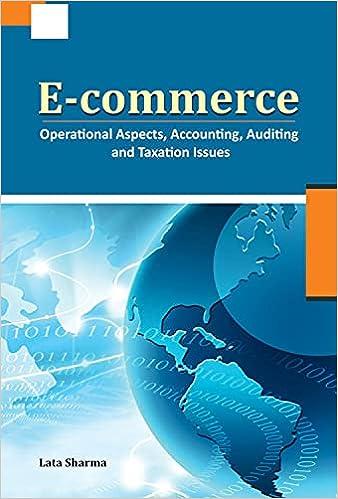Question
Consider the following stock information (price and number of shares outstanding): Stock G Stock A Stock Q P 0 $70 $85 $105 Q 0 200
Consider the following stock information (price and number of shares outstanding):
|
| Stock G | Stock A | Stock Q |
| P0 | $70 | $85 | $105 |
| Q0 | 200 | 500 | 300 |
| P1 | $84 | $81 | $110 |
| Q1 | 200 | 500 | 300 |
| P2 | $20 | $85 | $24 |
| Q2 | 800 | 500 | 1500 |
1. Based on the information given, for a price-weighted index of the three stocks calculate:
1.1. the rate of return for the first period (t=0 to t=1). Interpret your answer.
1.2. the value of the divisor in the second period (t=1 to t=2). Assume that Stock G had a 4-1 split and stock Q has a 5-1 split, both during this period just before the market opens in t=2. Interpret your answer.
1.3. the rate of return for the second period (t=1 to t=2). Interpret your answer.
2. Based on the information given for the three stocks, calculate the first-period rates of return (from t=0 to t=1) on
2.1. a market-value-weighted index. Interpret your answer.
2.2. an equally-weighted index. Explain any differences with 1.1. and 2.1.
Step by Step Solution
There are 3 Steps involved in it
Step: 1

Get Instant Access to Expert-Tailored Solutions
See step-by-step solutions with expert insights and AI powered tools for academic success
Step: 2

Step: 3

Ace Your Homework with AI
Get the answers you need in no time with our AI-driven, step-by-step assistance
Get Started


